YOX
Please introduce yourself.
ADAORA
I am a Creative Industrialist and Founder at A2 Creative. I have 10 years of business experience that spans across various industries.
YOX
Why or how did you choose the creative profession?
ADAORA
I didn’t choose the creative profession, I would say it chose me. Everyone is born with some level of creativity. It becomes a question of whether we choose to nurture this creativity, or lose it to the grind of life. I was blessed to have a family that appreciated my creativity as a child, and nurtured it. As a child, when I showed interest in musical instruments, my parents got me a music teacher and enrolled me in the music club at school. When I started showing interest in creative writing, they bought me books to push my imagination a bit further, and I ended up writing my first unpublished book at the Age of 9 years. The great thing about creativity is if you nurture it, you’ll only get better and better.
YOX
How did you prepare yourself for the profession?
ADAORA
Interestingly, my degree is in Economics and Entrepreneurship, not in Brands or ‘Creativity’. I’m a natural problem solver – when people tell me about an Issue, rather than dwell on the problem, I’m immediately thinking about how to solve it.
Understanding my strengths, I decided to spend time working on improving myself through reading, interacting with other people, and most importantly asking questions. I was a very inquisitive student in school – I’d ask questions where I needed clarification, and I often got into trouble for asking too much. But you see, I don’t believe there’s such a thing as ‘too much’ when it comes to the quest for knowledge. Don’t be afraid to ASK. Ask, till you UNDERSTAND.
YOX
What do you do to remain relevant and conversant with moving trends in the profession?
ADAORA
I am continuously learning, and un-learning. I allow myself be open to criticism and to change. I am also always trying something new. I don’t allow myself to be limited by trends, or what is considered the ‘thing of the moment’, I push myself and my team to disrupt spaces, and build epic things. I believe in creating the trend and not allowing the trends to define you.
YOX
Did you start your business while still working somewhere or were you on your own when you took the decision to start up? What guided your choice?
ADAORA
I started my first business while I was in University. I’ve been doing business for as long as I’ve known work – which is a long time. I always knew that I wanted to create/build ideas and dreams. My choice was guided by the fact that I’m a bit too restless to work within the confines of a 9-5, or have restrictions on ideas that I conceive. I need the freedom to experiment, make mistakes, and take risks without it impacting heavily on someone else. I worked in Corporate America for 2 years, and within that period I learned about structure, organization, and the discipline side of talent. Every job I worked after that was Contract Based, not full time, because I couldn’t dedicate all my time to one thing.
YOX
How did you differentiate yourself as a proper business and not just another artisan?
ADAORA
One of the first ways I did this was to understand and accept that my business is not about Me, but about the brilliant things we create, and the impact we make in the world. This allowed me be open to having other people on board my company as directors. Also, it was important for me to create a company culture that allowed us work together towards common goals, as well as create a brand promise that we have kept over and over again, and has allowed us to continuously receive business referrals. Beyond that, I don’t even think there’s such thing as a ‘proper business’, as long as your paperwork is intact – registration, taxes, bank documents, permits required, etcetera, you’re in Business. It is now up to you as the entrepreneur to decide what sort of business you’re building – if you’re comfortable being a small business, or you’re trying to scale up, enter Global markets etcetera. All that for me is based on personal preference. No one should ever tell you that you’re not a proper business, because of your size. I have had friends say that I need to seek institutional funding and scale up – I know they mean me well, but I have a different journey that does not involve seeking institutional funding at this stage. If it comes, I may consider it. But I am not actively seeking.
YOX
What process do you follow from initial request to job completion so your clients see professionalism and then trust your service delivery?
ADAORA
My process involves active listening, asking questions to clarify exact client expectations. DOCUMENTING expectations from both our end and the client’s end. Ensuring proper communication flow throughout the project. Providing options to the client – I usually give the client their idea, plus mine, just so that they have alternatives, especially as I’ve found that there are clients who don’t know what they want. In such situations, It becomes important to show them the opportunities that exist.
YOX
In this digital age where everything is wanted fast, how do you meet multiple deadlines without selling out on the quality and style of your art?
ADAORA
If I cannot do something within the timeline discussed, I make it known. I don’t accept the work out of greed, and then mess it up. No way, Jose. I’d rather lose the job and keep my integrity, than the other way around. I have had situations where I’ve turned down jobs because the client wanted a poor quality production done within a short period.
YOX
It is difficult to have fixed prices in the creative profession. What formula do you use for charging fees appropriately?
ADAORA
It is difficult to have fixed prices for sure. Fixed prices also means an increased possibility of shooting yourself in the foot. I take several things into consideration before charging fees – Scale of Project, Timeline, Number of Personnel required, Ideation (Where necessary – Yes I charge for Ideation), Resources to be used. I also consider the opportunity cost, which helps me determine the level of priority.
YOX
What are the basic things needed to launch a full-time business e.g documents, fixed assets, staff, etcetera? How or
where would you advice as the best way or place to get them?
ADAORA
Documentation is number 1. Get a lawyer, register your business, sort tax registration, any permits you might need, bank account. Once you’ve got all your paperwork together, and you have a brilliant idea and business model planned, you’re in business. You don’t need to have an office or staff to kick start your business. Office = Expenses. If you can keep your overheads low, then do so. You can then hire, and grow as the need arises. But don’t start off your business in debt.
YOX
Which client/business deal would you refer to as your first big hit and how did you land them?
ADAORA
I don’t believe that any client deal is a ‘big hit’. Your hit, might be someone else’s beans and plantain, so I’d say focus on great delivery, and pop your collar based on the jobs you’ve completed well. It’s one thing to get a deal, it’s another to execute it well, and be able to reference it publicly because you know it went well.
YOX
What marketing activities do you carry out to ensure quality clients keep coming through the door so your business stays alive?
ADAORA
I’m in a referral business. I allow my work speak for itself, and I keep in touch with my network so that I’m in the know of any opportunities that arise. In fact, I think it’s best to spend more time nurturing relationships, than mass marketing. If people love you and what you stand for, they’ll recommend you over and over again without even realising it. Furthermore, my business model is built in such a way that we aren’t fully reliant on client work. We build and launch our own ideas, projects, platforms that are revenue generators. Client work for me is a means to an end, not the end itself.

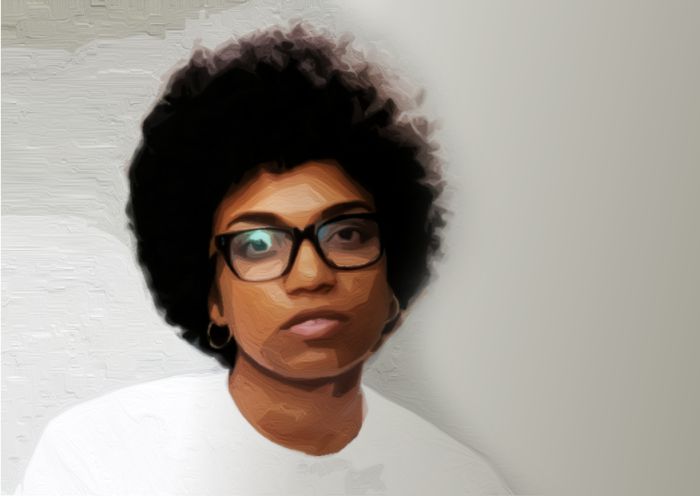
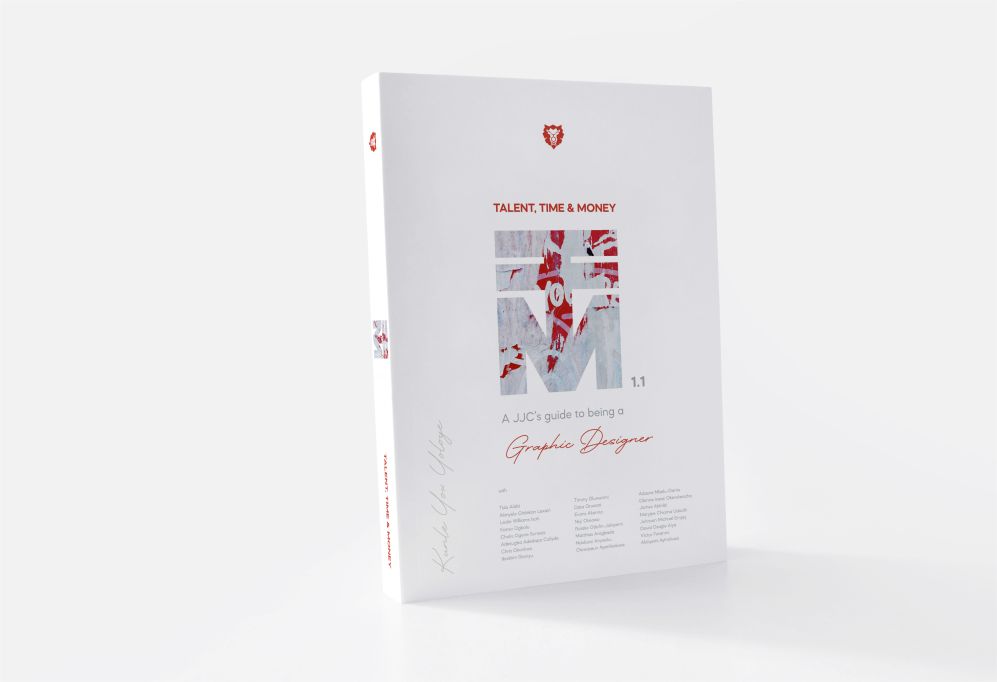
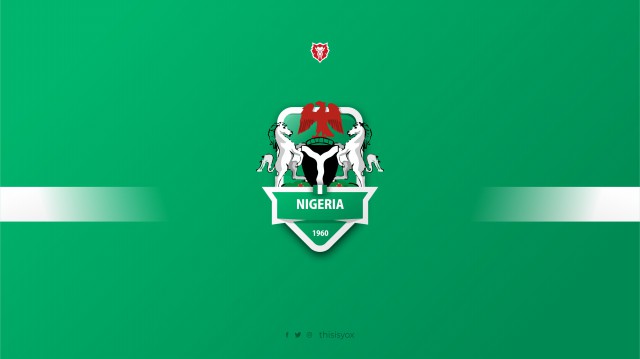
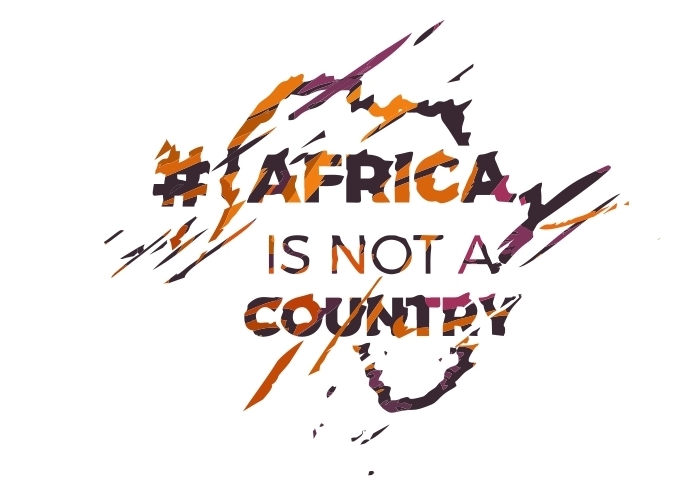
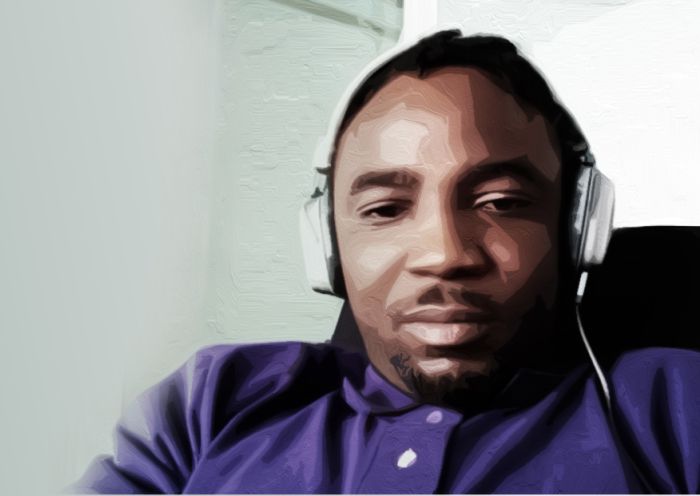
One Response
Every time I read anything from Adaora or hear her speak, it’s like water to a dehydrated man in the desert; better than gold!